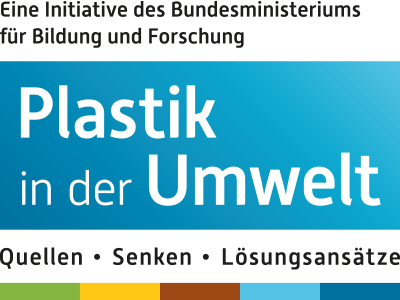Special Issue
Special Issue
The Special Issue on “Plastic Contamination: Challenges and Solutions” focus on addressing all aspects of plastics.
Plastics are popular synthetic materials due to their advantageous properties, such as low density and high durability, which have led to their increased use in multiple applications. Either in larger or smaller sizes, known as microplastics and nanoplastics, plastics are continuously released to the environment, where they accumulate due to their resistance to degradation. For this reason, plastics now contaminate virtually every ecosystem on the planet, being considered a marker for the Anthropocene. The accumulation of plastics in the environment can have negative effects on organisms and ecosystems directly through toxicity, or indirectly through habitat changes. Most of this contamination originates from an unsustainable use and management of plastics, from production to consumption and disposal, which needs to be restructured in the context of a circular economy.
This Special Issue invites novel contributions in the form of critical reviews and research papers to address all aspects of plastics, such as: (i) strategies or technologies to improve the production, use, and waste management of plastics; (ii) analytical methods for the assessment of micro/nanoplastics; (iii) concentrations and characteristics of micro/nanoplastics in the environment; (iv) ecotoxicological or abiotic effects of micro/nanoplastics; (v) the role of micro/nanoplastics as vectors of contaminants and pathogens. This Special Issue also welcomes contributions regarding changes in plastics policies, consumption, incorrect disposal, and waste management during the COVID-19 pandemic.
The deadline for manuscript submission is 1 April 2021. You may send your manuscript now or up until the deadline. Submitted papers should not be under consideration for publication elsewhere. We also encourage authors to send a short abstract or tentative title to the Editorial Office in advance (environments@mdpi.com or lucine.lin@mdpi.com).
Environments is committed in rapid publication. The time from submission to first decision is 18.2 days; from acceptance to publication is 5.9 days; from submission to publication is 40 days in 2019.
Environments is fully open access indexed in Scopus and ESCI—Web of Science databases. Open access (unlimited and free access by readers) increases publicity and promotes more frequent citations, as indicated by several studies. Open access is supported by the authors and their institutes. An Article Processing Charge (APC) of CHF 1000 currently applies to all accepted papers.
